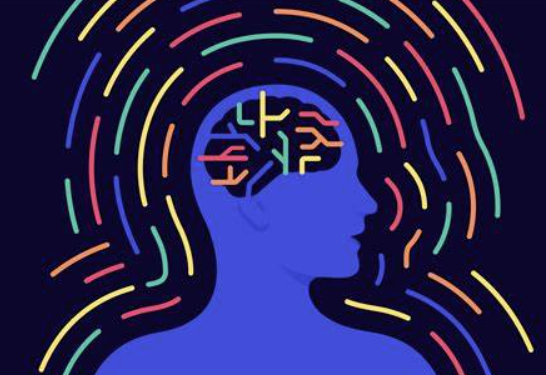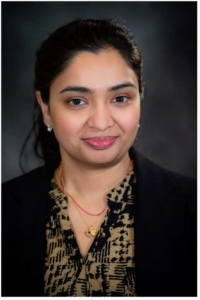

The Mind-Body Approach: Its place among immigrant populations in therapy
September 13, 2024 @ 9:00 am - 12:00 pm
The Mind-Body Approach: Its place among immigrant populations in therapy
Friday, September 13, 2024
Registration 8:30am Program 9am to 12pm
Presented By: Lavanya Devdas, Ph.D., MSW
Location: Live Online Workshop
3 CE Credits
This workshop will focus on the tenets of the mind-body approach in therapy and ways it can be included in treatment planning, strategies and interventions for the immigrant population in therapy. Using evidence-based research, this workshop will highlight the efficacy of mind-body techniques in therapy. Using demonstrations and videos, this workshop will demonstrate the practical applications of mind-body approaches when working with immigrant populations in therapy. Clinical implications will be discussed.
Objectives:
- Describe the tenets of mind-body approaches in relation to immigrant populations.
- Demonstrations at least two mind-body techniques.
- Explain at least two similarities and differences in cultural identities and immigration status based on culture and context.
- Summarize the benefits and limitations in treatment planning and interventions based on cultural and contextual factors.
 Dr. Lavanya Devdas is a licensed psychologist in PA and has a private practice in Doylestown, PA, for mental health therapy for adults. She treats anxiety, depression, panic attacks and relational challenges within the context and lived experiences of the individual. Her master’s degree in social work (MSW) and community-based experiences in India for 3 years shape her style in considering individual, group, communal, and systemic factors that influence the meaning of struggles in one’s life and one’s identity. Combining her systems approach with her training in a doctoral degree in counseling psychology from Lehigh university, PA, in the past 4 years she has implemented an integrative approach that focuses on the individual’s preferences
Dr. Lavanya Devdas is a licensed psychologist in PA and has a private practice in Doylestown, PA, for mental health therapy for adults. She treats anxiety, depression, panic attacks and relational challenges within the context and lived experiences of the individual. Her master’s degree in social work (MSW) and community-based experiences in India for 3 years shape her style in considering individual, group, communal, and systemic factors that influence the meaning of struggles in one’s life and one’s identity. Combining her systems approach with her training in a doctoral degree in counseling psychology from Lehigh university, PA, in the past 4 years she has implemented an integrative approach that focuses on the individual’s preferences
and values within familial and social environments, and coping strategies including mindfulness. She is currently a certified mindfulness meditation instructor trained under the two-year mindfulness meditation certification program by Dr. Jack Kornfield and Dr. Tara Brach. She is currently in training to present on the mind-body practices of the Bon Tibetan tradition of meditation by Marcy Vaughn. She was also part of the courageous conversations grant that focused on developing a framework for talking about the isms and having difficult conversations at her University. She continues to be passionate about promoting culturally sensitive approaches in working with adult populations, including mind-body approaches that support the over -all well being of individuals and groups based on their cultural values and preferences. She currently teaches an advocacy and social justice course for masters level students at Delaware Valley University, Doylestown, PA.
Dr. Devdas herself juggles two or more cultures and understands the cultural switches that need to happen depending on the cultural contexts. She also served as a mentor through the Pennsylvania Psychological Association, and the Division on South Asian Americans. She is also a strong proponent of groups and outreach and has had training and experience in running groups for cultural adjustment, graduate student support, interpersonal process groups, intersecting identities, mindfulness for stress, and navigating acculturative stress among international students.
She has been a consultant on topics related to mental health, mindfulness and inclusion and belonging and has done presentations for consulting organizations such as KGA. She has also been a panel speaker for topics such as intersecting
identities, addressing mental health concerns from a cultural perspective, and intersecting feminism and culture, and stress management. The populations she has worked with, and presented on, include families of immigrants, refugees and students under the DACA status, and permanent residents and the range of concerns included acculturative stress, trauma, intergenerational family conflict, cultural values conflict, alongside anxiety and depression and limited access to mental health resources. She has also worked with faculty and staff in providing community consultations around language and ways of addressing mental health concerns among students on campus and engaged in this role at universities, including Cornell University from January 2018 until May 2019.
PSCP: The Psychology Network is approved by the American Psychological Association to sponsor continuing education for psychologists. PSCP: The Psychology network maintains responsibility for this program and its content.
